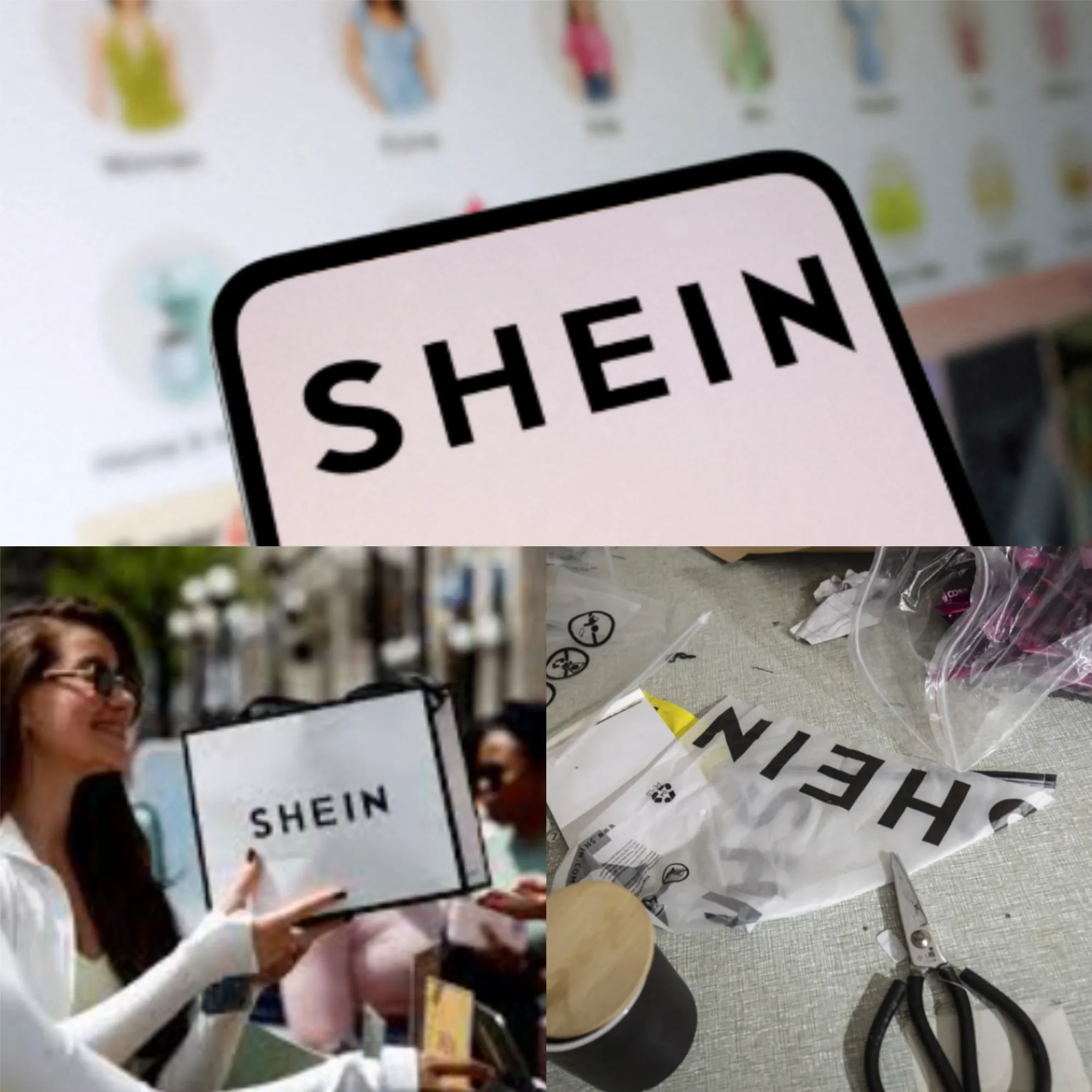
Shein Addresses Child Labor Cases Amid Growing Scrutiny

In its 2023 sustainability report, fast fashion giant Shein disclosed that it identified two instances of child labor at its suppliers last year. This revelation comes as the company intensifies its audit processes in China, aiming to counter criticisms of its low-cost business model ahead of a potential stock market flotation.
Immediate Actions and Policy Revisions
According to the report released on Thursday, Shein promptly suspended orders from the suppliers involved in these violations. The company only resumed business with these suppliers after they enhanced their processes, including implementing stricter checks on workers’ identity documents. Both child labor cases were “resolved swiftly,” with Shein ensuring that underage workers had their contracts terminated. Additionally, the company arranged medical checkups and facilitated the safe return of these minors to their parents or guardians.
In response to these incidents, Shein strengthened its supplier policies in October last year. The revised policy states that any severe breaches, labeled as “Immediate Termination Violations,” would result in the immediate termination of the supplier relationship. Previously, suppliers had 30 days to address issues such as employing minors, failing which Shein would sever ties.
Increased Transparency and Audit Efforts
Shein’s updated supply chain policy reflects feedback from both regulators and suppliers, according to Annabella Ng, the company’s senior director of global government relations in Singapore. Notably, the company had not previously disclosed the number of child labor cases, only the percentage of audits that found minors in the workplace. The violation rate has decreased from 1.8% in 2021 to 0.1% in 2023, signaling a positive trend in Shein’s oversight efforts.
The company conducted 3,990 audits in 2023, a significant increase from the 2,812 audits in 2022 and 664 in 2021. Shein partnered with reputable third-party agencies like Bureau Veritas, Intertek, and SGS for 92% of these audits and aims to reach 100% third-party auditing in the future. The results from these audits indicated fewer serious violations compared to the previous year.

Emissions and Sustainability Goals
As Shein prepares for a possible initial public offering (IPO), its 2023 sustainability report has attracted the attention of potential investors. CEO Sky Xu highlighted in the report that improving supply chain governance and managing carbon emissions, particularly indirect “scope 3” emissions, are critical priorities for the company.
The report revealed a significant surge in Shein’s emissions from product transportation, which more than doubled to 6.35 million tonnes of carbon dioxide equivalent in 2023. The company has 5,800 contract manufacturers, mostly in Guangdong province, China. To reduce transport emissions, Shein has begun sourcing products from suppliers closer to its customers in Turkey and Brazil, which helped cut 49,578 tonnes of CO2 equivalent last year by switching from air to sea and land freight.
In June this year, Shein submitted its emissions reduction goals to the Science-Based Targets Initiative for validation. Additionally, the company established a board-level sustainability committee in July last year, including its CEO, executive chairman, and investor representatives, to enhance governance and accountability.
When asked if the committee was formed in anticipation of the upcoming IPO, Ng declined to comment on IPO-related matters but affirmed that Shein is committed to enhancing governance structures as part of its broader environmental, social, and governance (ESG) journey towards greater transparency.






